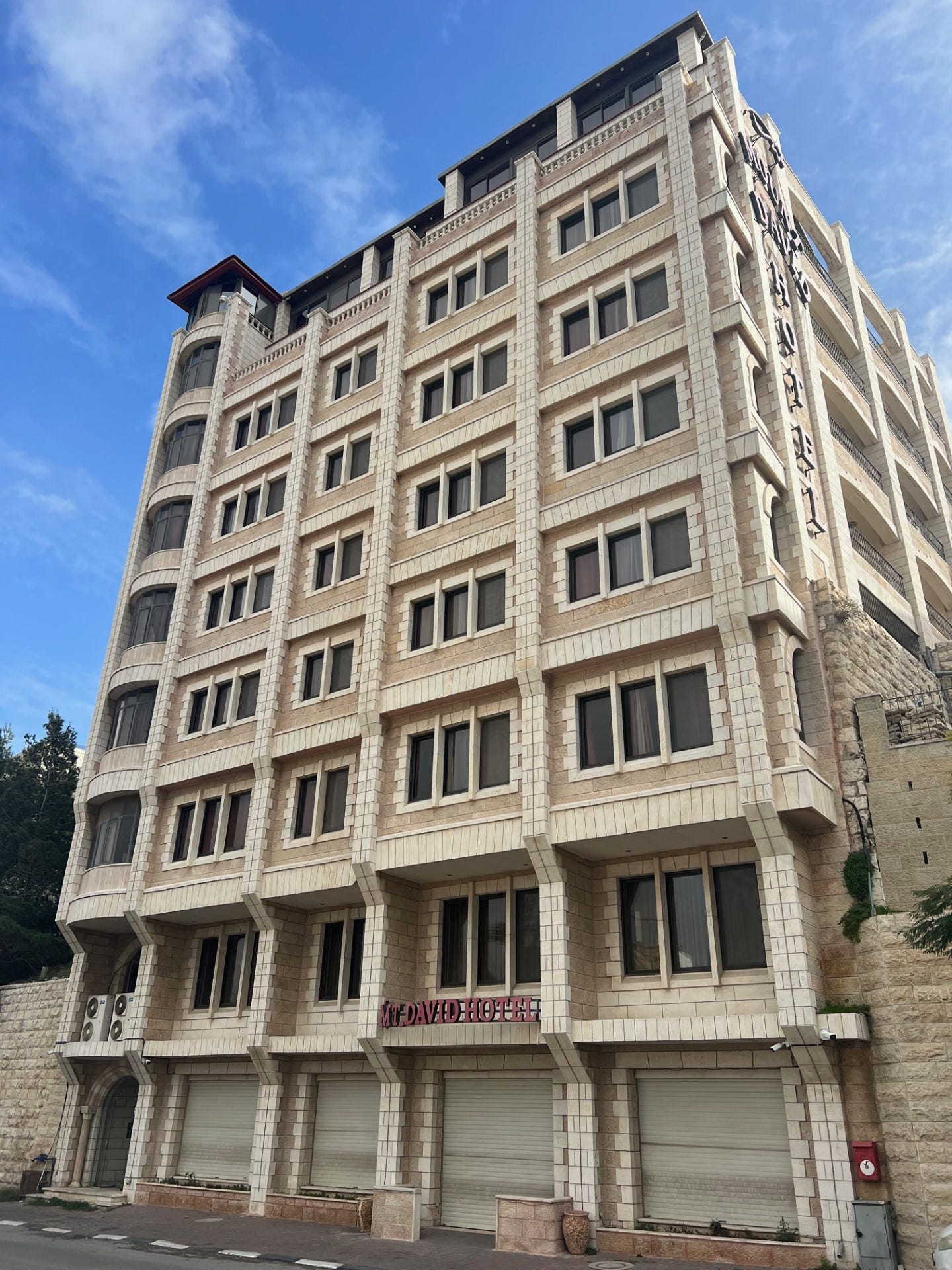Some Observations From Bethlehem This Christmas
This Christmas, a number of media outlets have run headlines and stories about Christmas being ‘canceled’ or there being ‘no Christmas’ in Bethlehem because of the ongoing war in Gaza. While such statements might make for good clickbait, they do not quite capture the nuances of the scenes in Bethlehem. Here, I thought I would offer some observations this Christmas from the reputed city of Jesus’ birth, including various photos I have taken. I have been visiting Bethlehem with a friend who is working on some very detailed and interesting stories about Bethlehem that also go beyond simplistic headlines about Christmas supposedly being called off in Bethlehem.
To be sure, the most striking thing on entering and travelling around Bethlehem is the lack of hustle-and-bustle the city in comparison with regular years when visitors from around the world flock in huge numbers to participate in the Christmas celebrations here. As a result, many large hotels are shut, creating a somewhat eery atmosphere.
But it is not just the hotels that are being hurt by this absence of visitors. Other businesses such as souvenir stores, restaurants and even the city’s Christian bookstores are being affected too. On one occasion, when I wanted to purchase some books from the Arabic-language Immanuel Bookstore (an Evangelical bookstore), the seller made clear that I could only pay in cash, not card. She was desperately hoping that I would come back with cash and purchase the books, noting how difficult the economic situation is now. A couple of shopkeepers primarily selling goods for tourists were also clear about the costly impact of the war on business in Bethlehem. It is hard not to sympathise with their predicament.
Mt. David Hotel, one of many closed hotels in the area because of the downturn in tourism.
Immanuel Bookstore, an Evangelical bookstore.
The Immanuel Evangelical Church, located next to the Immanuel Bookstore.
In significant part, the downturn in tourism is due to concerns about the security situation since the outbreak of the Israel-Gaza war. These concerns in my view, err too far on the side of caution. For example, the UK government advises its citizens against all travel to Bethlehem as part of a wider advisory against all travel to the West Bank. While I can understand applying such an advisory to some parts of the West Bank, a blanket application seems excessive. Bethlehem is not at risk of rocket fire and it is not as though the city is a hotspot for militant activity, armed clashes and raids by Israeli or Palestinian security forces. In fact, the city feels perfectly safe and at no point have I felt threatened or endangered, and the risk of a security incident is probably higher in a place like Jerusalem.




